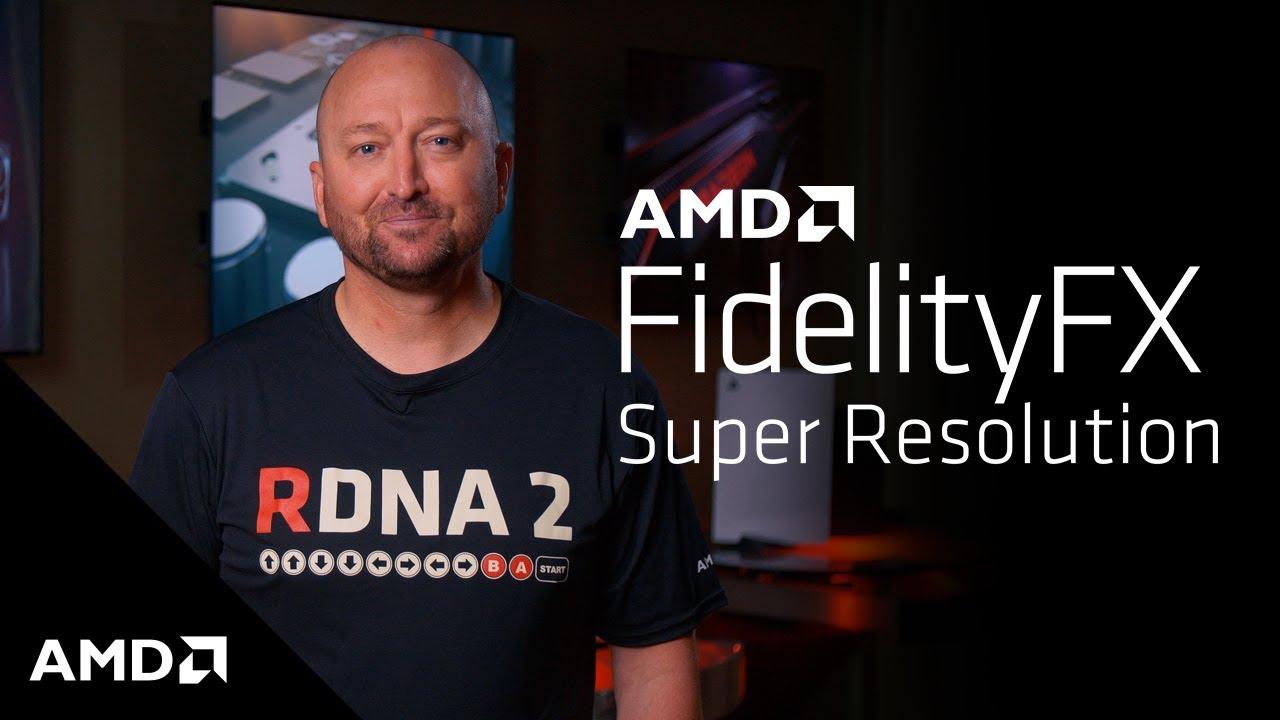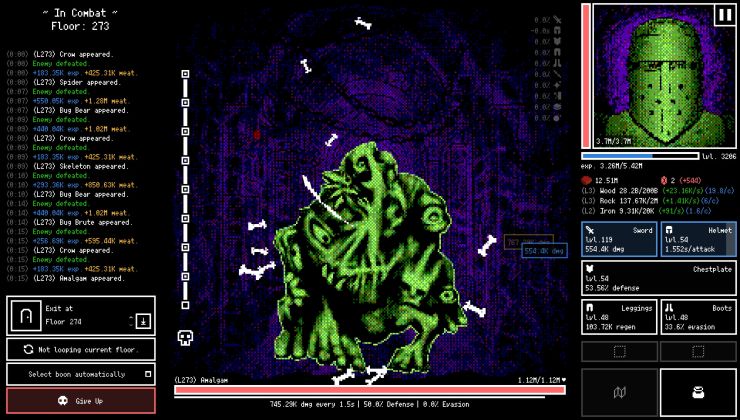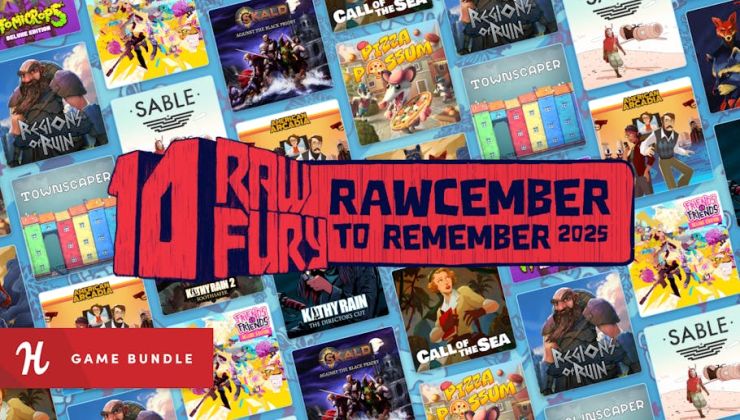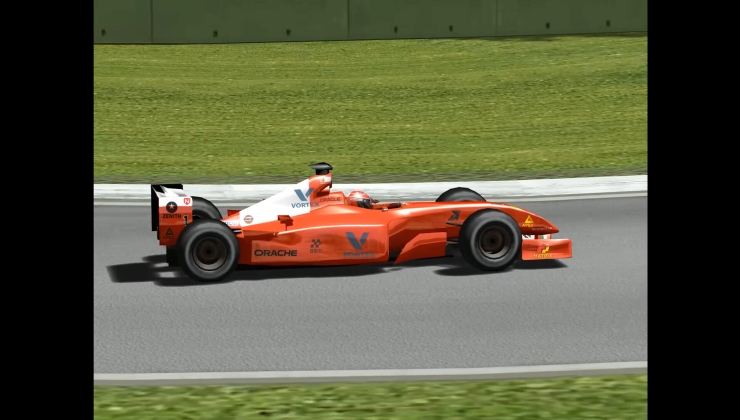The free and open source Godot Engine recently had support for AMD FidelityFX Super Resolution merged into the code, ready for the next big release. A wonderful case of open source tech meeting together.
What is FidelityFX Super Resolution (FSR)? Put simply: a fancy upscaler. FSR allows you to bring down the rendering resolution and have FSR boost it up to a higher resolution, giving you a clear picture. The result is that you should see better performance than simply using the native resolution - something 4K users seem quite happy about.

Direct Link
It's not fully finished yet for Godot, with a couple of tweaks planned to come in another merge request but it's pretty-much all there. So hopefully this means we will see plenty of Godot games release with support for it. This major feature is likely to come with Godot 4.0, which is the big one pulling in Vulkan support and an overhauled rendering system.
In other game dev news: AMD FSR plugin for Unreal Engine is live now too. So we're eventually going to see a nice bump in the amount of games with it supported.
This is an open source match made in heaven.
Quoting: CatKillerWhile AMD should get all the kudos and headstart from releasing their open-source cross-vendor scaling tech first, I hope Nvidia's similar one will also ultimately get integrated for those developers that want to use movement vectors to help their scaling. It would be a shame for that use case to only be covered by DLSS.Does the open source Nvidia Image Scaling actually make use of motion vectors? As far as I understood, it's just a clever single-pass scaling + sharpening algorithm, much closer to FSR than DLSS. I don't see any mention of motion vectors in the readme on [the github page](https://github.com/NVIDIAGameWorks/NVIDIAImageScaling).
Quoting: tuubiActually, maybe it doesn't. I saw references to directional scaling and assumed they were using motion information for their scaling (like they do with their anti-aliasing), but maybe it's just for different scaling in different directions.Quoting: CatKillerWhile AMD should get all the kudos and headstart from releasing their open-source cross-vendor scaling tech first, I hope Nvidia's similar one will also ultimately get integrated for those developers that want to use movement vectors to help their scaling. It would be a shame for that use case to only be covered by DLSS.Does the open source Nvidia Image Scaling actually make use of motion vectors? As far as I understood, it's just a clever single-pass scaling + sharpening algorithm, much closer to FSR than DLSS. I don't see any mention of motion vectors in the readme on [the github page](https://github.com/NVIDIAGameWorks/NVIDIAImageScaling).
Last edited by CatKiller on 25 Nov 2021 at 2:38 pm UTC
NVIDIA's DLSS SDK is proprietary, which means that support would have to be done by a third-party engine fork (it can't be done officially or at an add-on level).
Intel plans to open source XeSS once their GPUs are released, so this may be an usable solution that could be integrated in the engine (depending on how good it turns out to be).
Last edited by Calinou on 25 Nov 2021 at 7:16 pm UTC







 How to setup OpenMW for modern Morrowind on Linux / SteamOS and Steam Deck
How to setup OpenMW for modern Morrowind on Linux / SteamOS and Steam Deck How to install Hollow Knight: Silksong mods on Linux, SteamOS and Steam Deck
How to install Hollow Knight: Silksong mods on Linux, SteamOS and Steam Deck